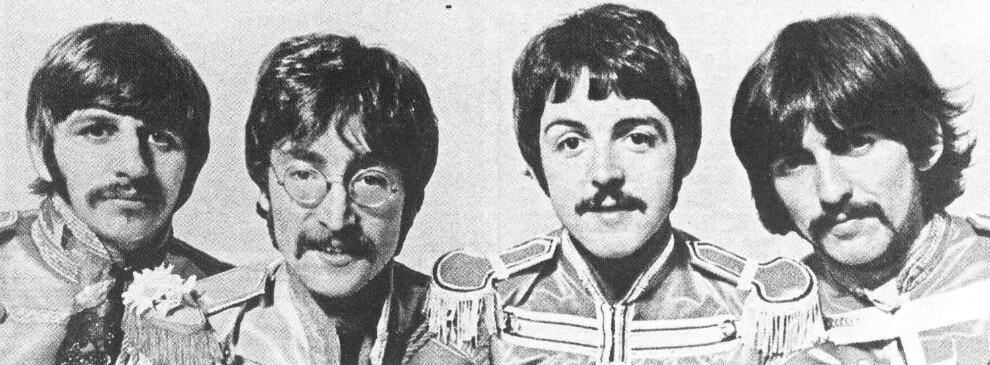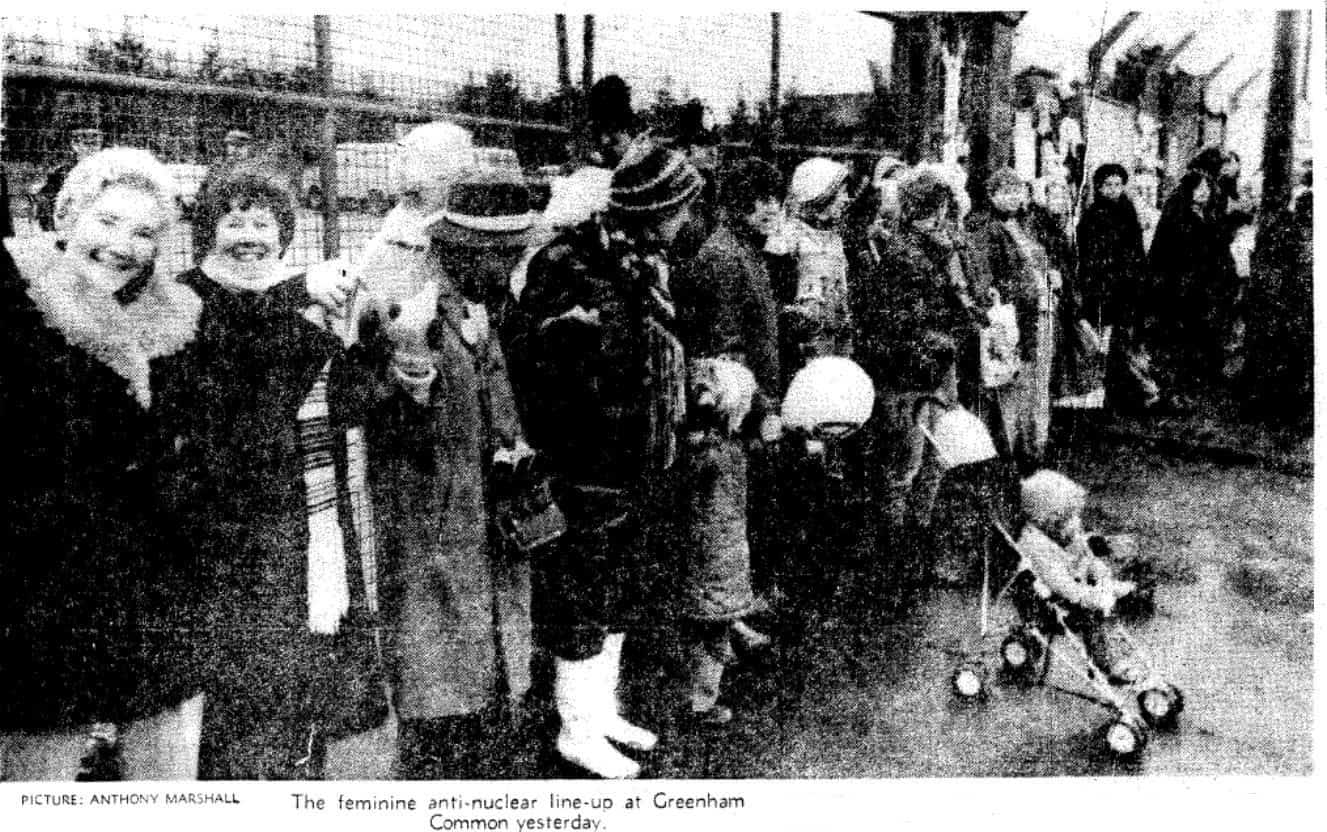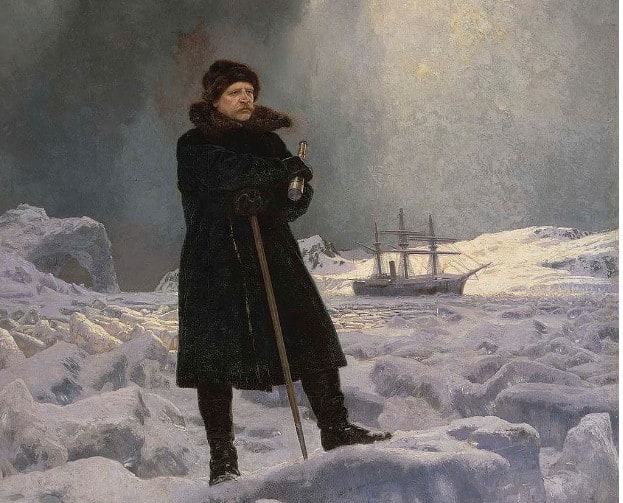By Calvin Liu, Gale Ambassador at the University of Oxford
‘April is the cruellest month’, so went the ominous opening line of T. S. Eliot’s The Waste Land. Perhaps. But the first day of April, at the very least, has been witness to some of history’s biggest public hoaxes – many of which are hilarious and cruel in equal measures. From the Victorian “Grand Exhibition of Donkeys” in 1864 to the 1957 BBC documentary on spaghetti-bearing trees, these moments of meticulously organised journalistic foibles harken back to a now bygone age before the rise of wide-spread corporate PR-stunts and instantaneous internet trolling. The abundance of April-fool’s-related material in the Gale archives sheds light on the long history of a yearly occasion that stretches as far back as the time of Chaucer, who slyly alludes to the day as the ‘thirty-second of March’ in The Nun’s Priest’s Tale (a story of a farmer tricked into a singing contest against a fox) as early as the 1300s.










